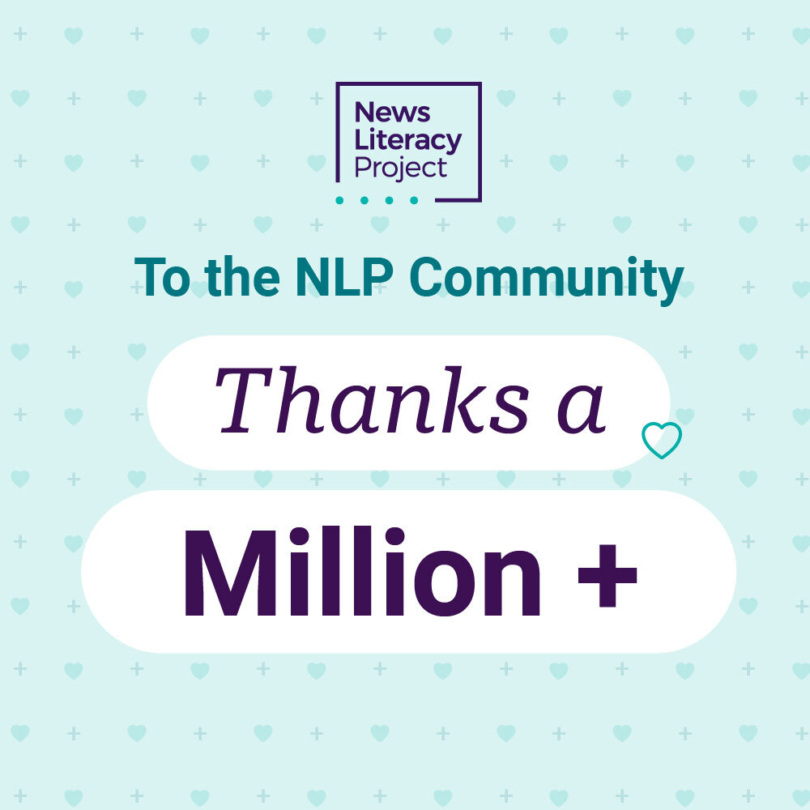Education Week on NLP study: Teens lean toward conspiracies – and want news literacy lessons
Teens are “inheriting the largest, most complex, most frenetic information environment in human history,” notes Peter Adams, the News Literacy Project’s Senior Vice President of Research and Design, in an interview with Education Week about the findings of a new study by NLP. That might be why 81% of teens who see conspiracy theories on social media say they believe at least one of them. But the survey also showed promise: 94% of teens said media literacy should be taught in school.
Read the Education Week piece here. The study, News Literacy in America: A survey of teen information attitudes, habits & skills, is available here.
